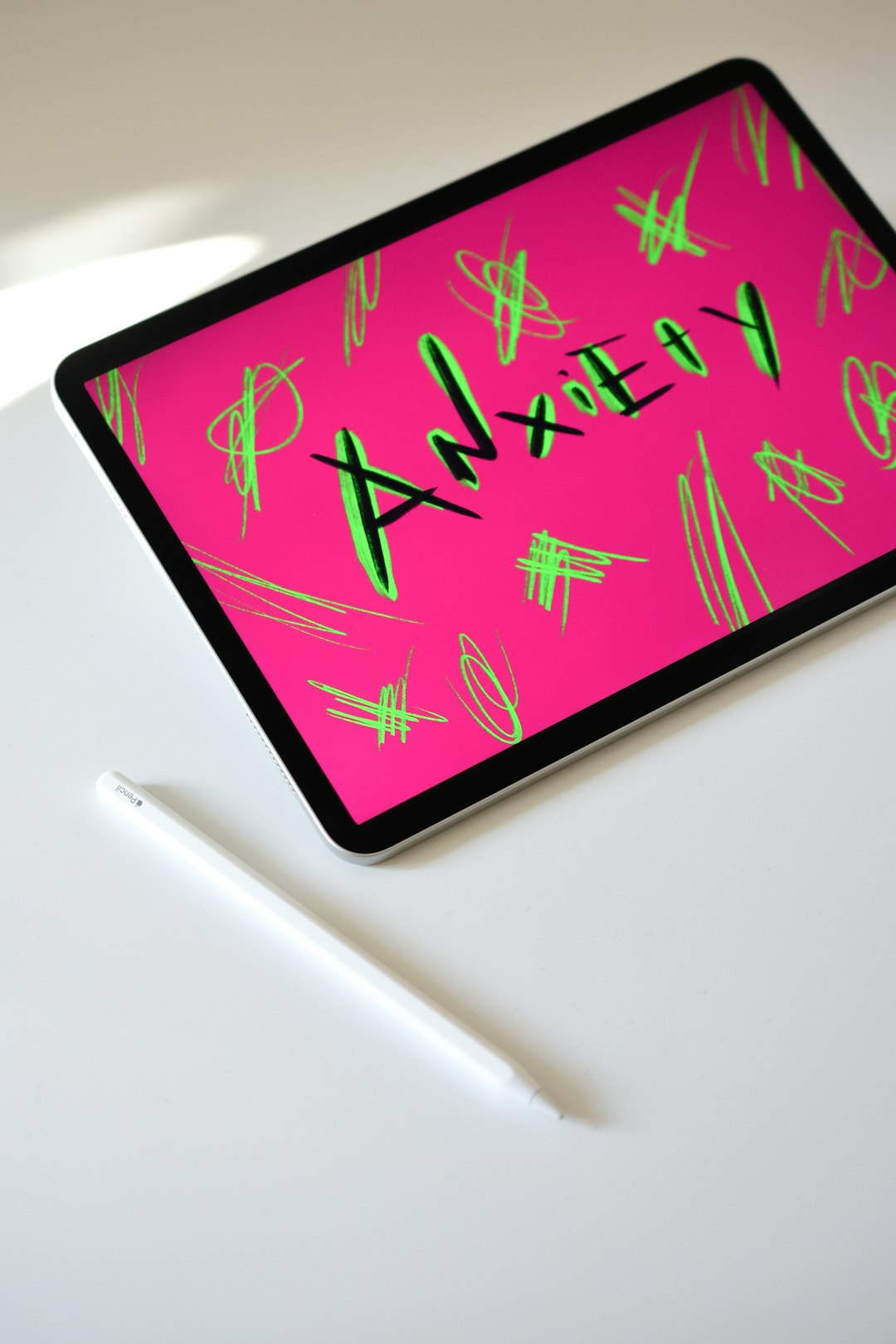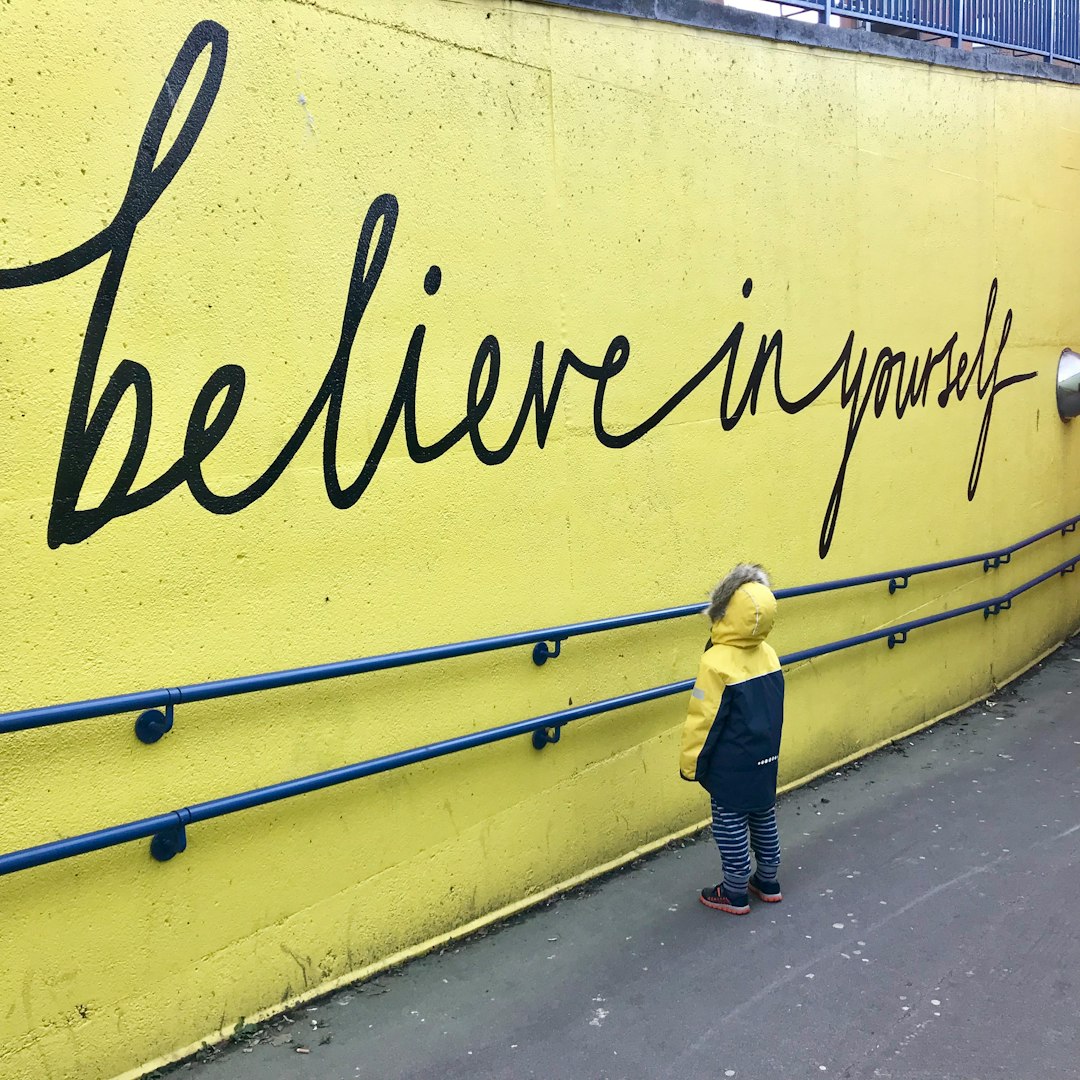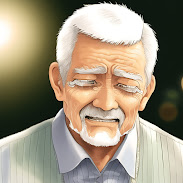Practical DBT and CBT tools to help manage anxiety and depression
Introduction
Anxiety and depression are common mental health issues that affect many people in Newark, Ohio. These conditions can be challenging to manage, but there are practical tools and techniques that can help.

What is DBT?
Dialectical Behavior Therapy (DBT) is a type of therapy that combines cognitive-behavioral techniques with mindfulness practices. DBT can be effective in treating anxiety and depression because it helps individuals learn how to regulate their emotions and cope with stressors.
DBT Techniques for Anxiety and Depression
There are several DBT techniques that can be helpful for managing anxiety and depression:
- Mindfulness meditation: This involves focusing on the present moment and observing thoughts and feelings without judgment. Regular mindfulness practice can help reduce anxiety and depression symptoms.
- Opposite action: This involves doing the opposite of what your emotions are telling you to do. For example, if you feel like isolating yourself when you're depressed, opposite action would be to reach out to a friend or family member instead.
- Self-soothing: This involves engaging in activities that help you feel calm and relaxed, such as taking a warm bath, listening to soothing music, or practicing deep breathing exercises.

What is CBT?
Cognitive Behavioral Therapy (CBT) is another type of therapy that can be helpful for managing anxiety and depression. CBT focuses on identifying and changing negative thought patterns and behaviors that contribute to these conditions.

CBT Techniques for Anxiety and Depression
There are several CBT techniques that can be helpful for managing anxiety and depression:
- Cognitive restructuring: This involves identifying negative thought patterns and replacing them with more positive and realistic ones.
- Behavioral activation: This involves engaging in activities that you enjoy and that give you a sense of accomplishment, even when you don't feel like it.
- Exposure therapy: This involves gradually exposing yourself to situations that trigger anxiety or fear, so that you can learn to cope with them more effectively.

Conclusion
Anxiety and depression can be difficult to manage, but DBT and CBT techniques can be effective tools for coping with these conditions. If you're struggling with anxiety or depression, consider seeking out a therapist who specializes in these types of therapies.
Tim Welch, LPCC Mental Health Counseling,
Newark, Ohio Licking County Online Therapy. Virtual Counseling for Alcohol Addiction, Drug Addiction, Anxiety, Depression & Mental Health Issues.



